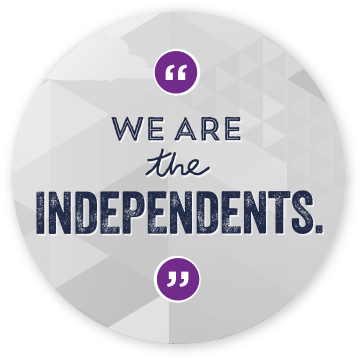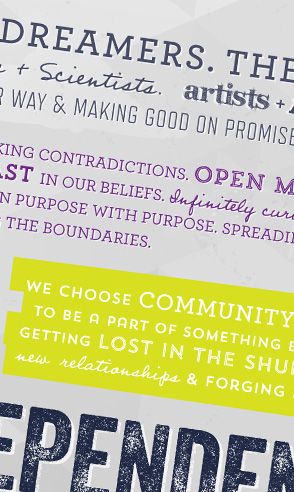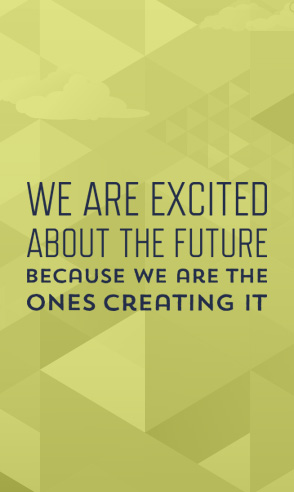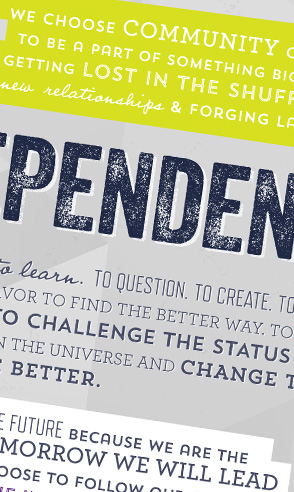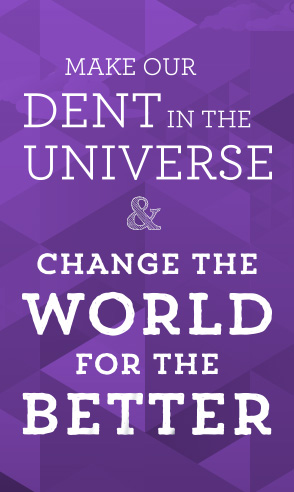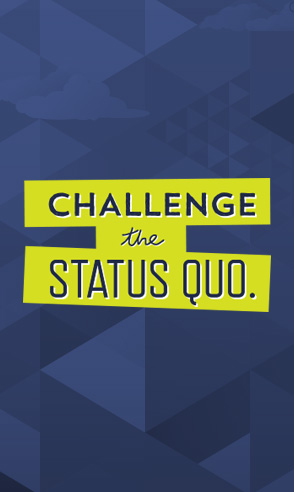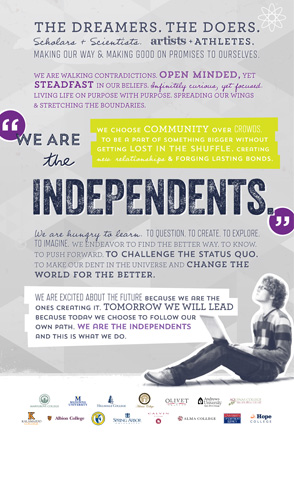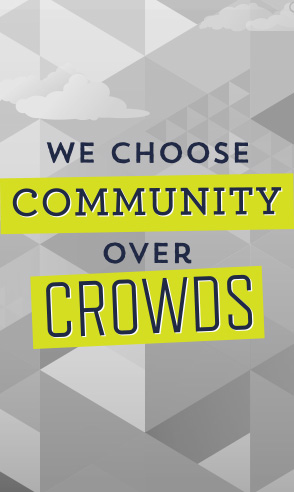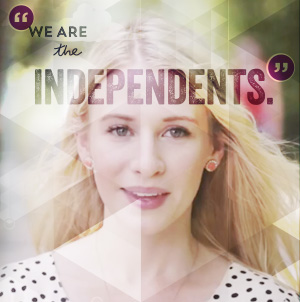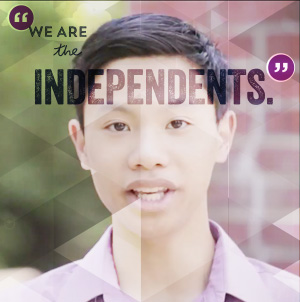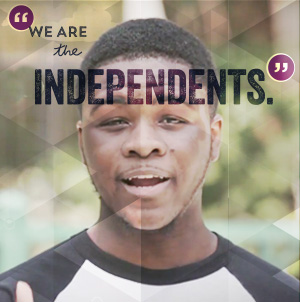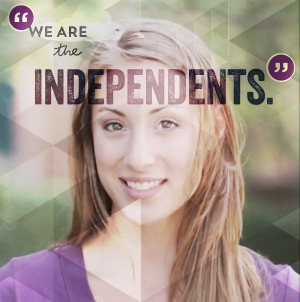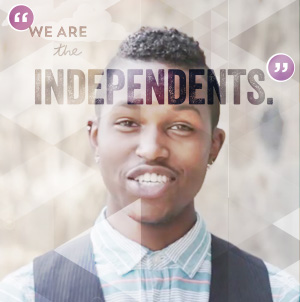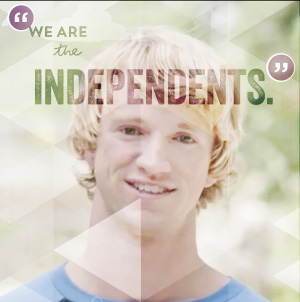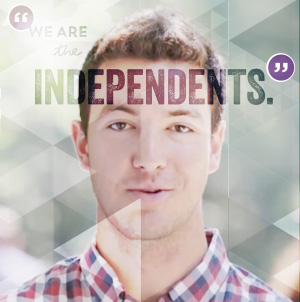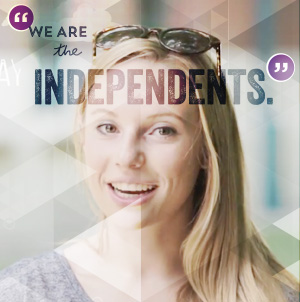Blog
Calvin University coming July 10
On July 10, 2019, Calvin College officially becomes Calvin University. The date coincides with Reformer John Calvin’s birthday, for whom the institution was named at its founding in 1876. The Calvin community will commemorate the significant milestone with a series of events, including a panel discussion, dedication service, and celebration cookout. View the full lineup of events.
“This is an exciting time in Calvin’s history,” said Michael Le Roy, president of Calvin University. “This change to university grants us permission to think and dream and hope and aspire to a great deal more as we engage with more learners around the world.”
What began nearly 150 years ago in a single classroom on Williams Street in downtown Grand Rapids, with one faculty member, one academic discipline, and just seven students, is now a university sprawled out over a 400-acre campus, offering more than 100 academic options to 3,700 students each year from more than 65 countries. It’s an institution of 250 Christ-centered faculty who are thought leaders in their fields. And, it includes an alumni network of more than 65,000 who are expressing Calvin’s mission to think deeply, to act justly, and to live wholeheartedly as Christ’s agents of renewal in the world.
“The college or university takes different forms over time, serves different populations over time in history. But that mission critically endures,” said Le Roy.
Extending reach, deepening roots
In becoming a university, and as part of Vision 2030, Calvin is aspiring to extend its reach and deepen its roots by expanding its global influence, growing as a trusted partner for learning, and deepening its commitment to the Reformed Christian faith.
“We have a distinctive and enduring Christian mission that we are excited to share with more people around the corner and across the globe,” said Craig Lubben, chair of the Calvin University Board of Trustees. “As we look to the future of Calvin, we are confident that this name change will help us better reflect who we are to audiences both familiar with and new to Calvin and propel us further as we fulfill a compelling vision.”
How Calvin will pursue this vision over the next decade is laid out in the university’s recently approved strategic plan. The plan includes four key goals.
Expanding programs, inviting new learners
First, the university will expand its offerings to undergraduate students and its use of digital systems and platforms to meet the needs of learners of all ages, all over the world; like Calvin’s new Spanish Immersion program, which will serve high school students; adding more graduate programs; and partnering on educational endeavors like the Calvin Prison Initiative in Ionia and the Lumina Partnership in Hong Kong.
“I’d like us to be a place where folks think ‘I wonder what Calvin has to offer in that space?’ And knowing then that it would come from a place that thinks deeply about its work and about how to do these things well,” said Cheryl Brandsen, provost.
Collaborating to create solutions
Second, Calvin will look for more ways to collaborate to enhance learning. Drawing on the strength of its scholarship and its depth of learning, it will direct institutional resources toward opportunities that encourage faculty and students to work across disciplines and with local and global partners in tackling complex issues.
“We need to work effectively with community partners. We need to hear lots of voices that are bringing their expertise, their own experience to the table to figure out how to solve problems,” said Amy Wilstermann, professor of biology.
Creating spaces to thrive
Thirdly, Calvin will invest in its learning environments as it supports a thriving educational community. This includes continuing to update classrooms to meet the needs of current and future learners, designing spaces that spur collaboration and innovation, and creating places like the Commons Union that promote community and support the well-being of people and creation.
“When we create places on campus where we encounter different ideas, different viewpoints, learning that perhaps we’ve never thought about before, that begins to shape not just the way we think, but the way we act and we live into those truths,” said Sarah Visser, vice president for student life.
Deepening Christian commitment
And finally, central to the university’s entire vision is helping faculty, staff, and students more fully embody a faithful and engaged Reformed Christianity.
“The Reformed project invites us to bring our whole selves into this academic institution. There’s no subject that’s off limits, because all knowledge belongs to God,” said Michelle Loyd-Paige, executive associate to the president for diversity and inclusion. “We are called to unpack this knowledge and to use this knowledge to make a difference in the world. Our Reformed faith invites us to do this, our Reformed faith compels us to do this, and our Reformed faith helps us to do this well.”
Learn more about Calvin’s history, the decision for the name change to Calvin University, and about Calvin’s vision for the next decade.
About Calvin University
Founded in 1876, Calvin University is a top-ranked, liberal arts university located in Grand Rapids, Michigan, that equips its more than 3,700 students from 45 U.S. states, 65 countries, and five Canadian provinces to think deeply, to act justly, and to live wholeheartedly as Christ’s agents of renewal in the world.
Calvin offers 100+ majors and programs, including graduate-level offerings in accounting, education, and speech pathology and audiology. Calvin students engage in intensive internships, community-based service learning, and significant research that results in publishing and presenting alongside world-class faculty.
Calvin also promotes Christian thought and action on an international stage in key areas of education and culture through its 12 centers and institutes. Discover more about Calvin.
